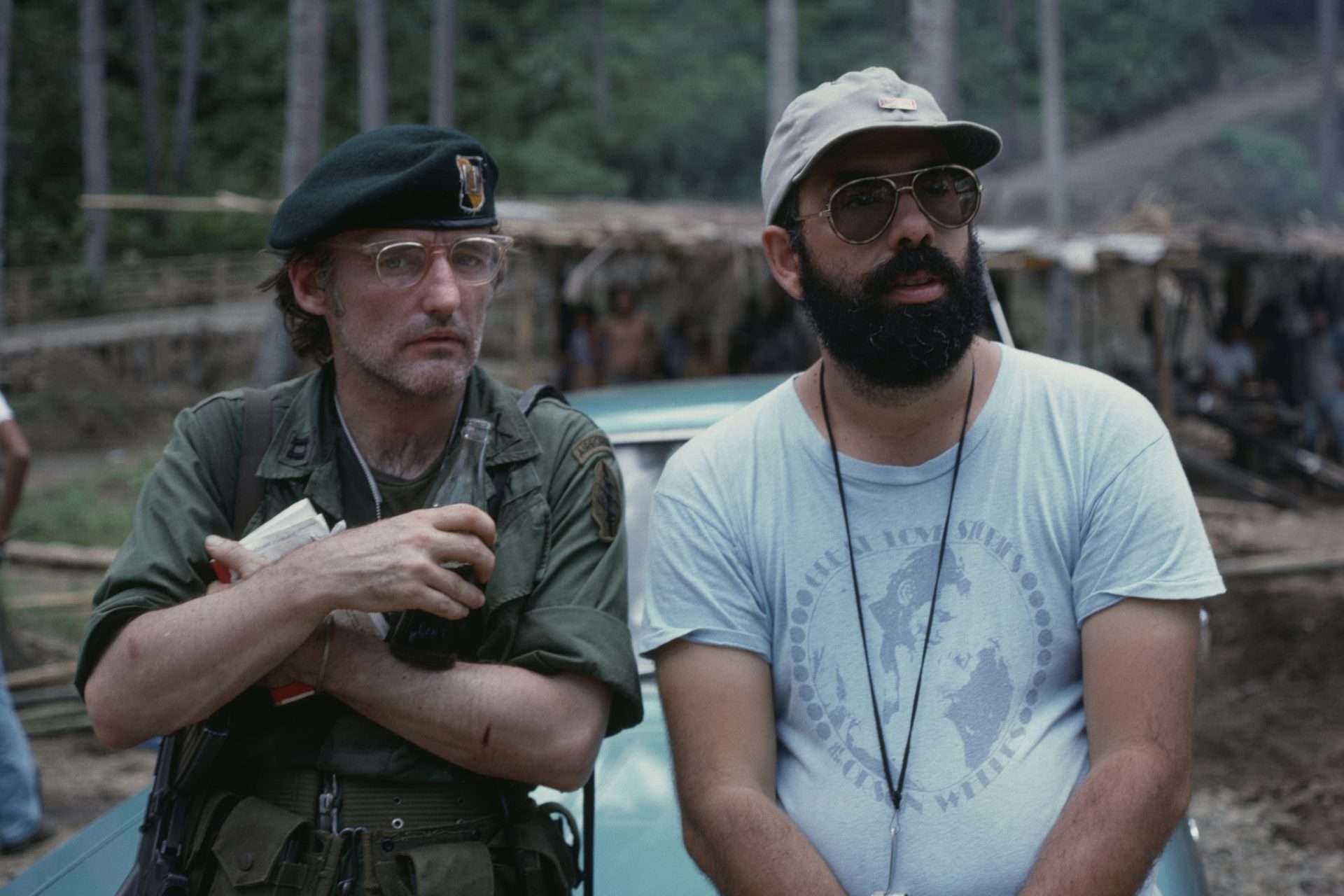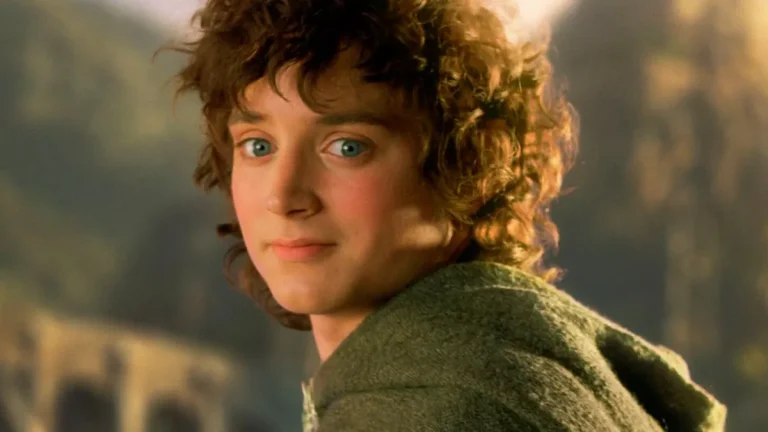Francis Ford Coppola isn’t afraid to push boundaries, and his latest project, the sci-fi epic Megalopolis, is a testament to that. A longtime passion project plagued by years of delays and cancellations, Megalopolis finally saw the light of day in March 2023, and it had its world premiere at the 77th Cannes Film Festival (2024). Funded by Coppola himself, the film’s ambitious vision and unconventional style have resulted in a critical reception as diverse as the film itself – some find it bewildering, others divisive, but a flicker of brilliance shines through for many.
This isn’t new territory for Coppola. History seems to be repeating itself, with Megalopolis mirroring the tumultuous journey of his 1979 masterpiece, Apocalypse Now.
Back then, Apocalypse Now, a descent into the madness of the Vietnam War, was met with bewilderment and harsh criticism. Time Magazine called it “emotionally obtuse and intellectually empty,” and some critics even declared it the “worst film ever made!”
In an interview to The Talks, when asked, “When it (Apocalypse Now) finally came out, there were mixed reactions. Some people got it, but Time Magazine, for example, called it “emotionally obtuse and intellectually empty.”
Francis Ford Coppola response: “There were people who said it’s the worst film ever made! But little by little, audiences kept seeing it and it sort of persisted in that way… But about two years later I was sitting in a cheap hotel in London, and they were going to show Apocalypse Now and I always got a big kick out of the beginning. So I thought I would watch the beginning — and I ended up watching the whole movie. And I was very struck with the fact that the film didn’t really seem so weird. I learned that in avant-garde work very often a few years later is very acceptable. And I thought that’s what happened to Apocalypse, in a way.”

Coppola, however, remained steadfast in his vision. He saw Apocalypse Now not as a war film, but as a metaphorical exploration of humanity in the face of brutality. “My film is not about Vietnam, it is Vietnam,” he argued – a chaotic, surreal experience.
Thankfully, time proved Coppola right. The film’s Cannes premiere, despite being a work in progress, marked a turning point. It received the Palme d’Or, the festival’s highest honor. This critical recognition, coupled with growing audience appreciation for the film’s depth and technical mastery, slowly chipped away at the initial negativity.
Years later, Coppola himself recounted an experience that mirrored the film’s journey. Catching a random screening, he was struck by how the film, once considered “weird,” now resonated with him on a deeper level. This anecdote speaks volumes about Apocalypse Now’s legacy: a film initially deemed a failure, eventually rose to masterpiece status.
Coppola, now with Megalopolis, seems unfazed by the initial mixed reviews. He sees parallels with Apocalypse Now, and believes audiences will eventually see the brilliance beneath the unconventional surface. In a recent interview with The Daily Beast, he confidently stated, “This is exactly what happened with Apocalypse Now 40 years ago… I am sure this will be the same situation with Megalopolis. It will stand the test of time.”
Only time will tell if Francis Ford Coppola’s Megalopolis will follow the same path as Apocalypse Now. But one thing is certain: Coppola’s unwavering commitment to his artistic vision, regardless of initial reception, is a testament to his enduring legacy as a cinematic auteur.








